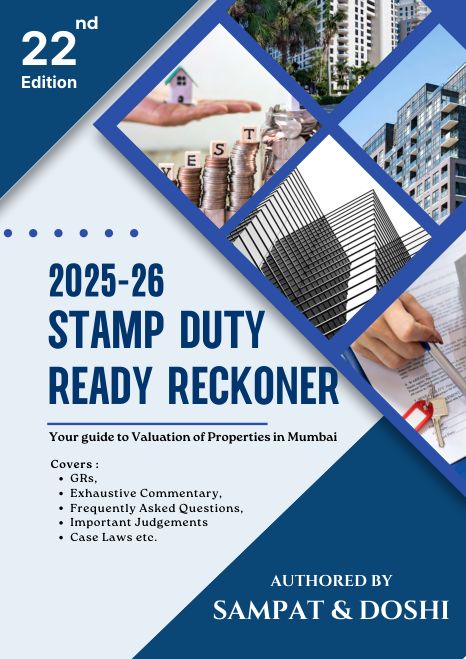Senior BJP leader, advocate Vivekanand Gupta, flagged the illegal practice; said the charges will be nominal and will have to be paid directly to BMC
Senior BJP leader, advocate Vivekanand Gupta, has warned that FIRs for extortion will be filed against office-bearers of cooperative housing societies who are charging exorbitant monies from members under the pretext of obtaining occupation certificates
Gupta was on the committee appointed by the state government to suggest a policy for granting OCs to buildings. He said the policy for getting OCs will have to be approved by the standing and improvement committees of the BMC and only then applications for the same can be made. These panels are yet to be formed, and the application procedure will be published in due
course.
Gupta said only the official fee for the same needs to be paid by members of cooperative societies. He said no agents have been appointed for getting the OCs, adding that the BJP was committed to helping thousands of Mumbaikars in a transparent manner.
Advocate Gupta said that managing should not collect any money towards issuance of OCs. He said the charges will be nominal and will have to be paid directly to the BMC. He added that FIRs for extortion will be filed against all those who collect
from members ostensibly for obtaining OCs through agents.
Chairman of Maharashtra Welfare Association said payment to the BMC for an OC will have to be done only online and
no cash payment will be involved.
This being the case, members should not pay money to any “agent”, Advocate Gupta warned. He said any money collected
over and above the official charge will be illegal. A society in Goregaon has collected Rs75,000 from each member for getting the OC. An activist said the money should be refunded immediately or else an FIR for extortion can be filed at the police station concerned against the office-bearers.
- Free Press Journal


